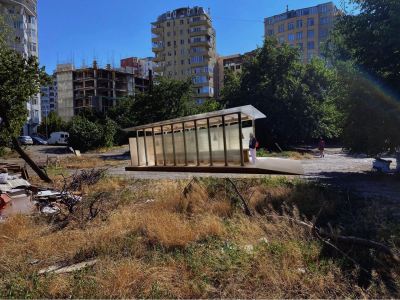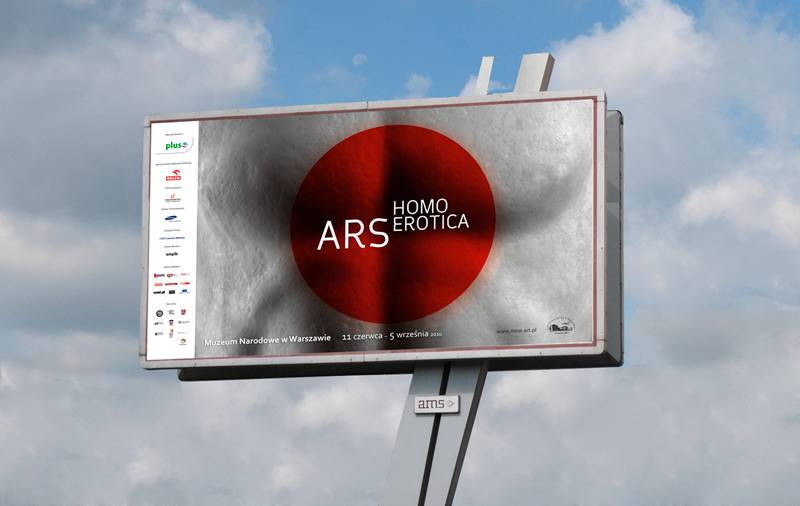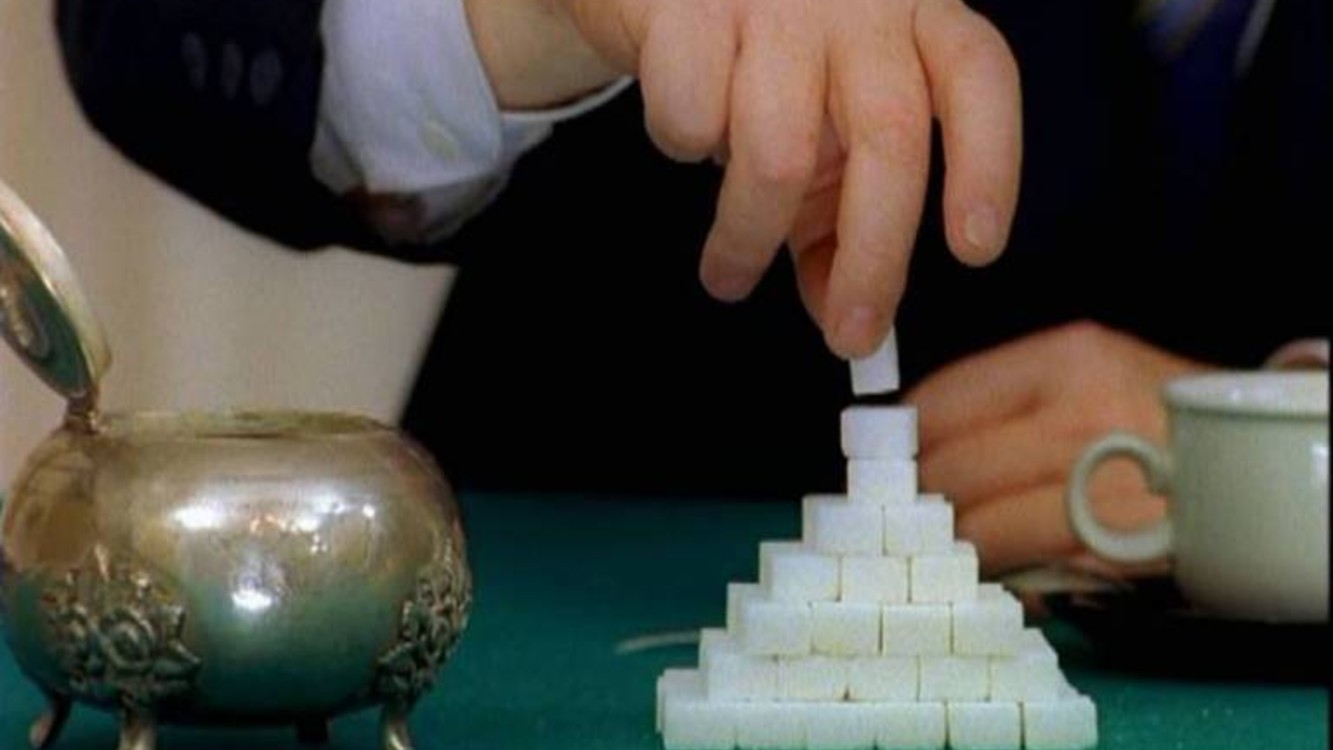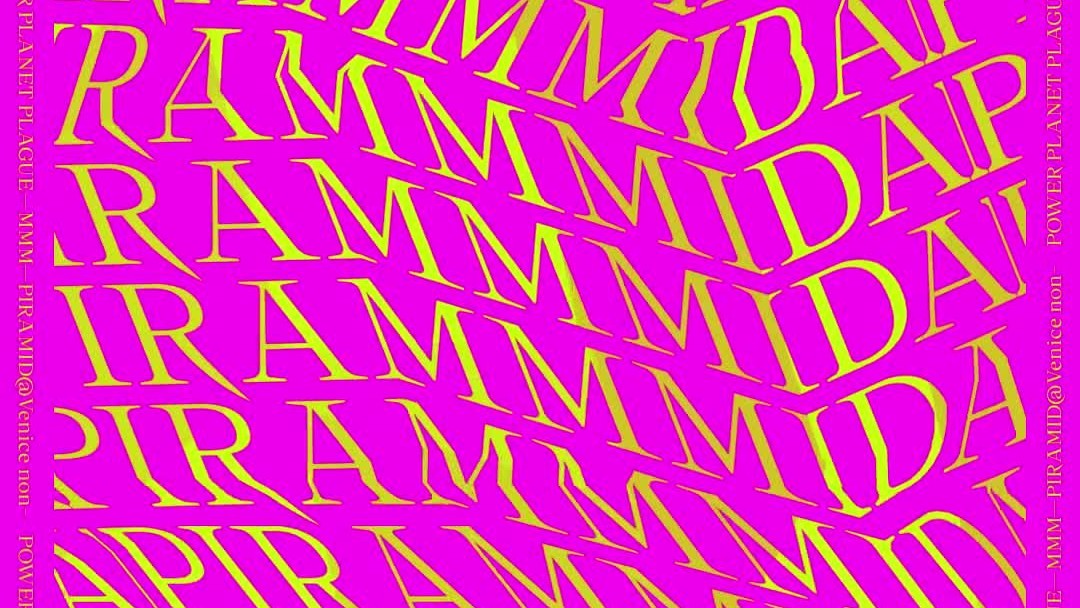Perverting the Power Vertical: Politics and Aesthetics in the Global East
The Power Vertical is a term used by political scientists to refer to Vladimir Putin’s brand of post-Soviet authoritarian governance.
PPV (Perverting the Power Vertical) is a restless but rooted seminar and event platform convened by Michał Murawski (UCL SSEES), Maria Mileeva and Denis Maksimov, with its own bespoke website.
The European Institute provided support under our Centre of Excellence grant for
- four events the the PPV team organised as part of Birzhastation, PPV’s (actually-existing) pavilion at the 2020 Tbilisi Architecture Biennale;
- and a symposium, Ars Homo Erotica: Ten Years Later, organised in collaboration with the Birkbeck School of Arts.
The project team also curated Cyber-PiraMMMida, a virtual symposium that replaced the project’s presence at the 59th International Art Exhibition La Biennale di Venezia 2020, cancelled due to Covid.

Birzhastation Events Series
- 21 October - Evgenia Zakharova lecture
5pm London time/8pm Tbilisi time
Male Friendship and Honor on the Birzhas of Tbilisi
Tbilisi birzhas are associated not only with tough guys, street code and the obsession with sunflower seeds, but also with dzmakatsoba – the specific form of male friendship.
When discussing dzmakatsoba with Georgians you can often hear that with its special high values and obligations of friends to each other this form of friendship is unparalleled in other cultures. From the case of dzmakatsoba we learn how friendship may resemble kin relations, become subjected to ideology and act as an instrument of social status and control.
Evgenia Zakharova is a researcher at the Peter the Great Museum of Anthropology and Ethnography (the Kunstkamera), Russian Academy of Sciences. In 2017 she obtained her doctoral degree in anthropology with her dissertation entitled "Men's Neighborhood Communities of Tbilisi: structure and functioning," which discusses the Georgian street as a social, political, and legal phenomenon".
ReaRead more
- 24 October - Open Discussion (Birzha) moderated by Giorgi Kevlishvili
4pm London time/7pm Tbilisi time
Language: English/Georgian/Russian (please note: translation will not be provided)
In Soviet times, when all social life was dominated by official ideology, birzha - a physical place of gathering in the neighborhood - often played the role of an informal public sphere, where not only events of daily life were discussed, but also popular political and social attitudes, tastes and new knowledge were formed. Sometimes birzhas were the only places where “common sense” could be found. In our effort to contribute to the creation of new knowledge, we will address maybe the most important question of our politics – whether we can change 30-year-long paradigm of neoliberal dictatorship.
- 25 October - Open Discussion (Birzha) moderated by Misha Svanidze
4pm London time/7pm Tbilisi time
Language: English/Georgian/Russian (please note: translation will not be provided)
Open Discussion (Birzha) moderated by Misha Svanidze
How does the idea and practice of birzha transform through Georgia’s post Soviet history? Is it a symptom of social and political development or does it signify resistance? Are we losing birzha as a minimal public space and, if so, what comes after?
Mikheil Svanidze is a sociologist from Tbilisi. He has studied Sociology at Tbilisi State University and obtained a Master’s degree in Social Anthropology from the Central European University. His research interests include public space, social movements, inequality, mobility and politics at large in post-socialist context. Methods-wise Mikheil positions himself as an anthropologist with extensive qualitative fieldwork expertise. Currently he is working towards his PhD thesis on production and reproduction of urban inequality in Georgia as seen through the lens of Tbilisi’s formal and informal transport systems.
- 29 October - Costanza Curro lecture
4pm London time/7pm Tbilisi
Language: English
From Collective to Cellular? Common Space Between the Street and the Prison
Reforms of prison space have had a strong impact on the social and cultural fabric of post-Soviet Georgian prisons, shifting from collectivist models to increasingly individualized spatial and social arrangements. This talk discusses the multifaceted connections between these transformations and changing ideas and practices of commonality among men in the streets of Tbilisi.
Costanza Curro (SSEES PhD, 2017) is a social anthropologist based at the University of Helsinki, where she is working on a project on ethnicity in the prisons of the Soviet Union and communist successor states of Central and Eastern Europe. Costanza’s work focuses on masculinities, urban spaces and practices of commonality and sharing. She has written about hospitality in Georgia after the Rose Revolution and birzha in Saak’ashvili’s times.
Symposium - Ars Homo Erotica: Ten Years On

Thursday 26 November, 2020 - 6pm-8pm (London time)
The "Ars Homo Erotica" exhibition opened at The National Museum in Warsaw on 10 June 2010. It examined the significance of homoerotic aesthetics and the homoerotic imagination in the history of art from ancient times until the present. This large-scale show had been devised as the museum’s contribution to the debate on the rights of the LGBTQ communities in Poland, in Eastern Europe, and in the larger world. The idea was proposed by the late Piotr Piotrowski, then the Director of the Warsaw Museum, as a major step of the Critical Museum project, which advocates the use of museum collections and resources to provide a forum for debates on burning social and political issues at the time of conflict.
The exhibition was hotly discussed by the media from Poland to Canada, and was vehemently opposed by right-wing politicians in Poland.
This online debate will focus on the impact of the exhibition, which has been listed recently by Maura Reilly as one of the major events of curatorial activism. But, did it help to realign the field?
The event is organised jointly by Birkbeck's Centre for Museum Cultures; PPV (Perverting the Power Vertical), a research and art platforms based at the FRINGE Centre (UCL SSEES/Institute for Advanced Studies) and The Courtauld Institute of Art.
- Itinerary for the evening
Introduction by Katarzyna Murawska-Muthesius, Birkbeck; Michał Murawski, UCL SSEES; Maria Mileeva, Courtauld Institute of Art; and Denis Maksimov (PPV/Avenir Institute)
Katarzyna Murawska-Muthesius, Ars Homo Erotica - Ten Years Later
Paweł Leszkowicz, The Biggest Curatorial Challenge: Queering the National Museums
Tomasz Kitliński, Art versus Homophobia - the Polish Case
Anastasiia Fedorova, Curating Queer Russian Power
Katarzyna Perlak, presentation of her film Niolam Ja Se Kochaneczke (I once had a lover) 2016, and Happy Ever After
Q&

 Close
Close



